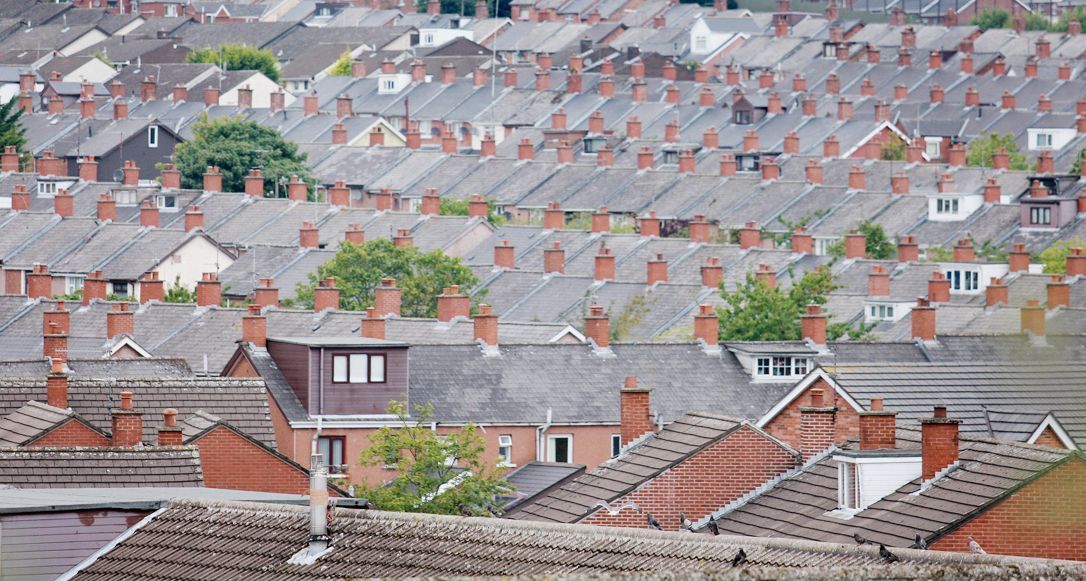HOUSE prices in Belfast have increased by 7.8 per cent, new figures have shown.
The North's housing market made a strong start to 2025, with approximately 6,200 agreed sales in the first three months of the year and homes reaching 'sale agreed' 16 days faster than the historical average, according to PropertyPal’s latest quarterly report.
The figures suggest that house prices are also robust, with the price of an average home increasing by eight per cent on an annual basis when comparing Q1 (the first quarter) 2025 against Q1 2024. Price growth was seen across all council areas on both a yearly and quarterly basis, with Derry City and Strabane experiencing the highest rise as average prices increased by 14 per cent over the year.
In Belfast, there was a 6.52 per cent increase in agreed sales in Q1 2025 compared to Q1 2024. The number of agreed sales increased to 1,242 in Q1 2025. Average house prices also increased between Q1 2024 and Q1 2025. They were up 7.8 per cent with the average house price in Belfast being £216,098 in Q1 2025.
Jordan Buchanan, CEO of PropertyPal said: “The Northern Ireland housing market has made a strong start to 2025, with approximately 6,200 agreed sales in the first three months of the year, broadly in line with the long-term average. Encouragingly, homes are selling faster than usual, taking an average of 47 days to secure a buyer and more than two weeks quicker than the historical average. This points to continued strength in underlying demand. Supporting this, buyer enquiries per property increased by 15 per cent compared to the previous quarter, signalling strong momentum that is likely to carry into Q2.
“On the pricing front, the market has seen further acceleration. The average property now stands at £226,000, marking an eight per cent annual increase. Recent figures from Nationwide also place Northern Ireland at the top of the UK regional growth rankings, underlining the relative strength of the local market.
“Looking ahead, the outlook remains mixed as economic uncertainty clouds the medium-term picture. The Office for Budget Responsibility has recently halved its UK growth forecast, and new tax policies introduced by the Labour government are increasing business costs from this month. In addition, rising global trade tensions may further impact economic confidence and market sentiment.
"However, on the positive side, the labour market remains resilient, with earnings continuing to outpace inflation. This, combined with expectations of further interest rate reductions, should help improve affordability and sustain activity in the months ahead.”



